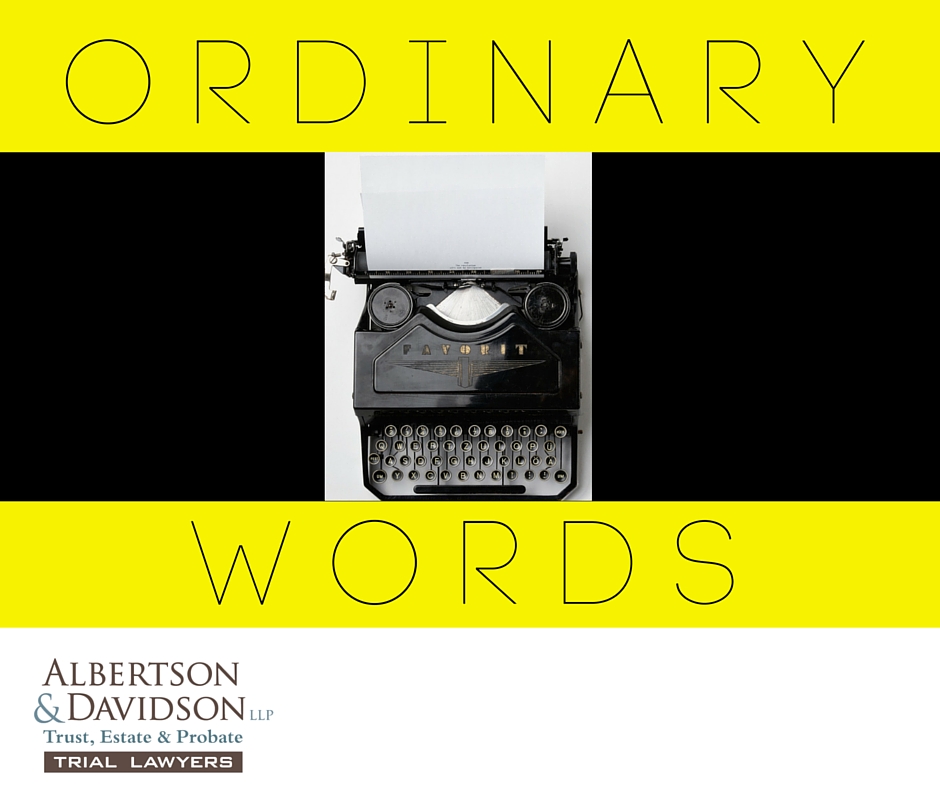
Appealing a Probate Court’s order on a Trust or Will lawsuit is not so easy. That is true of nearly all civil cases actually—appellate review is rather limited in scope and therefore rarely results in overturning a trial court decision. In fact, the law states that an appeal court is not supposed to re-try the […]









